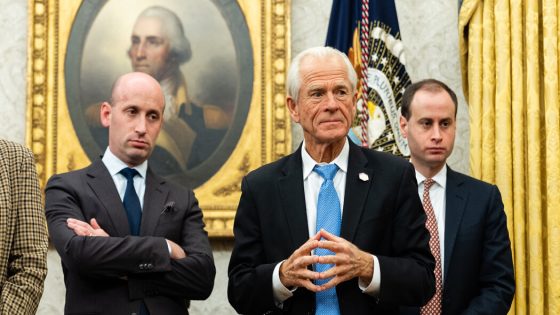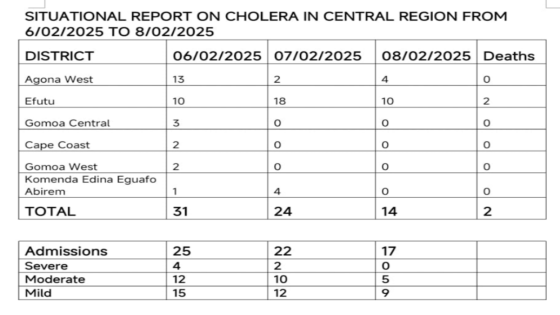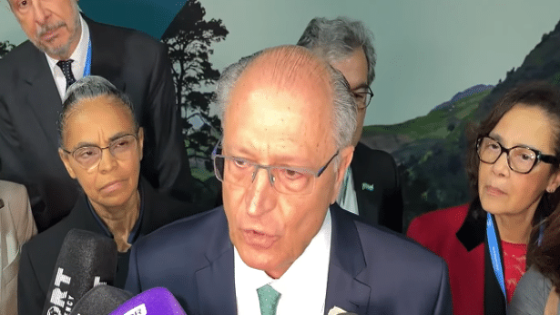On February 18, 2025, discussions surrounding tariffs were prominent as key figures in the Trump administration outlined plans to implement sweeping tariff changes. These changes are expected to impact international trade relations significantly, particularly with countries that have existing VAT systems.
- Interview with Trump's tariff advisor
- Indian exports impacted by U.S. tariffs
- Trump targets VAT systems globally
- Potential inflation rise from tariff plans
- Tariff war diverts attention from Eastern issues
The recent conversation about tariffs led by Trump’s administration has raised concerns among global trade partners. The proposed measures aim to target value-added tax (VAT) systems across approximately 175 nations. This initiative is part of a broader strategy to modify how the U.S. engages in international commerce and may lead to reciprocal tariffs affecting various sectors.
Key details from the discussion include:
- The potential for significant shifts in export-import dynamics.
- Concerns over rising inflation due to increased costs on goods affected by new tariffs.
- The possibility of retaliatory measures from impacted countries.
Experts warn that such tariff strategies could disrupt established trade agreements and create economic uncertainty. Countries reliant on exports may face challenges adapting to these changes, which could ripple through global markets. Analysts suggest that while the intention is to bolster U.S. manufacturing, unintended consequences might arise if trading partners respond with their own tariffs or restrictions.
This ongoing dialogue reflects a critical moment for U.S.-international relations as stakeholders assess the implications of these proposed tariff policies on both domestic and global economies.
The discussions around Trump’s planned tariffs signal a pivotal shift in trade policy that could affect numerous countries involved in international commerce. Stakeholders must remain vigilant as developments unfold regarding these significant economic changes.

































